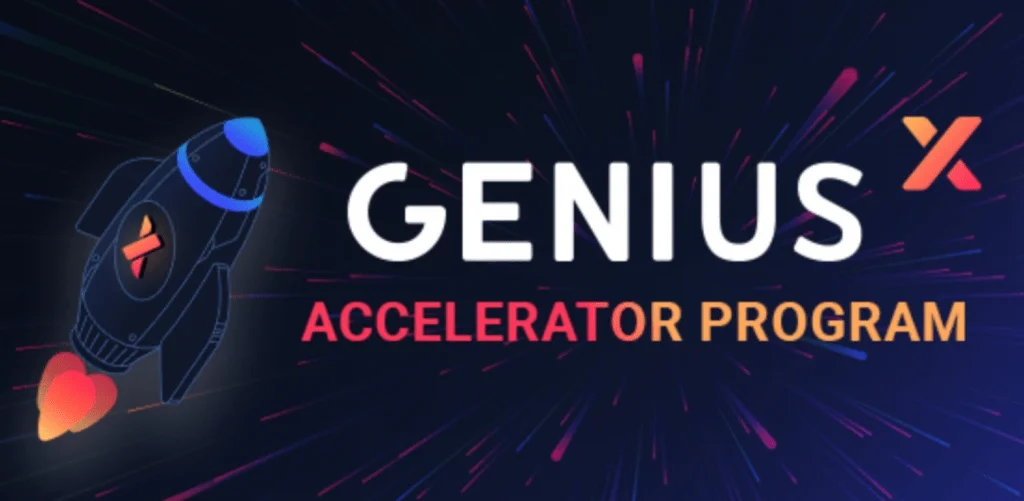Genius X, a Cardano-based accelerator program, has received over $105 million in ADA for its initial stake pool offering (ISPO).

This comes after Genius Yield, the company’s decentralized automated market maker and liquidity management protocol, finished its ISPO on May 10 with over 14,500 delegators staking 270 million Cardano (ADA) across four official stake pools, making it one of the largest ISPOs in the Cardano ecosystem.
Genius Yield is a decentralized finance (DeFi) system based on Cardano that includes a decentralized exchange and order book. It includes a liquidity provisioning methodology that tries to reduce market risk and remove temporary loss.
Genius X will be the company’s accelerator program, giving essential tools, consulting services, and financing to early-stage blockchain businesses looking to establish blockchain-based firms within the ecosystem.
The Genius X ISPO has received a lot of attention in the week after its launch on May 15. Nearly 14,000 participants have assigned over 205 million ADA ($105 million) to four staking pools.
Investors in Genius X will get GENSX in exchange for delegated ADA staked in the accelerator’s four staking pools — GENS1, GENS2, GENS3, and GENSX.
Given the previous fortnight of events in the cryptocurrency market, led by the collapse of algorithmic stablecoin and DeFi platform Terra, Dr. Sothy Kol-Men, the managing partner of Genius, believes the significant interest in the ISPO is encouraging.
“This is an endorsement from our community and investors that we are on the right path, building and releasing the necessary foundation to accelerate growth, support ambitious projects planning to leverage Cardano’s unique smart contracting architecture, and indeed, further promote adoption.”
An initial coin offering (ICO) is the Cardano ecosystem’s crowdfunding equivalent (ICO). Stakers delegate tokens to pools and exchange staking rewards for the native token of a project. Because an ISPO is non-custodial, investors can regain their ADA at any time.
Because investors maintain control over their assigned contributions to a specific project, the fundraising method has grown in favor. In contrast, a traditional ICO involves investors parting with a specific token in exchange for a share in a project or firm.
